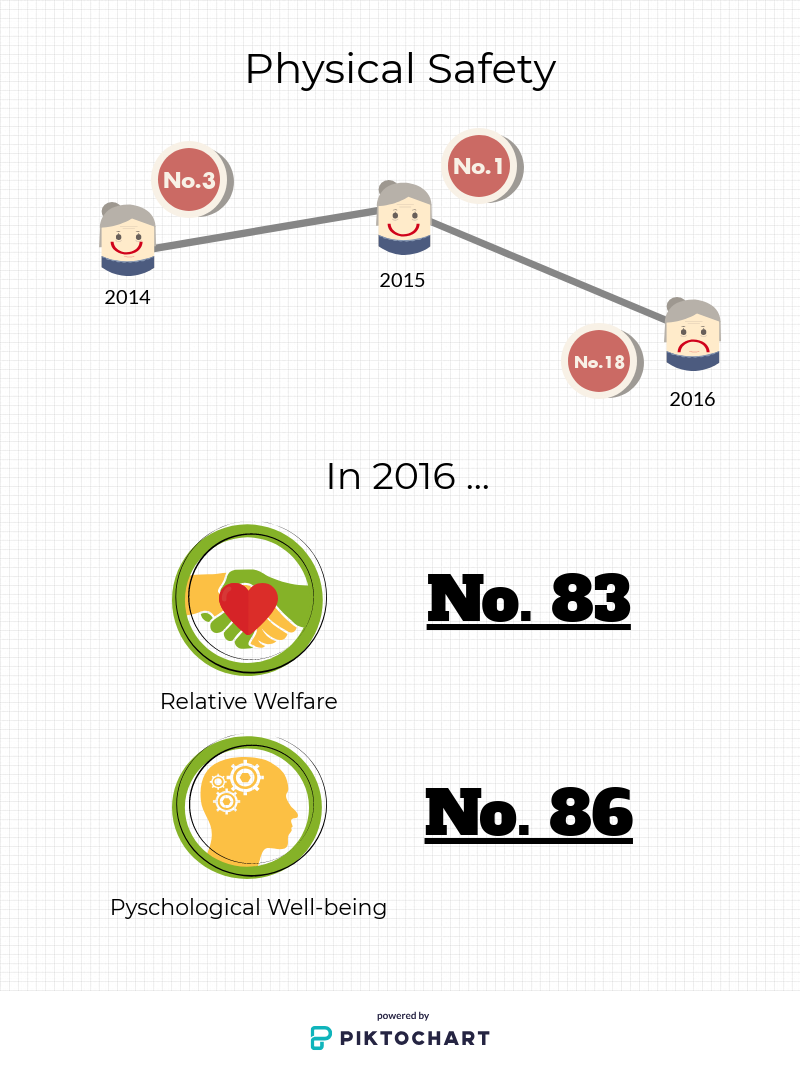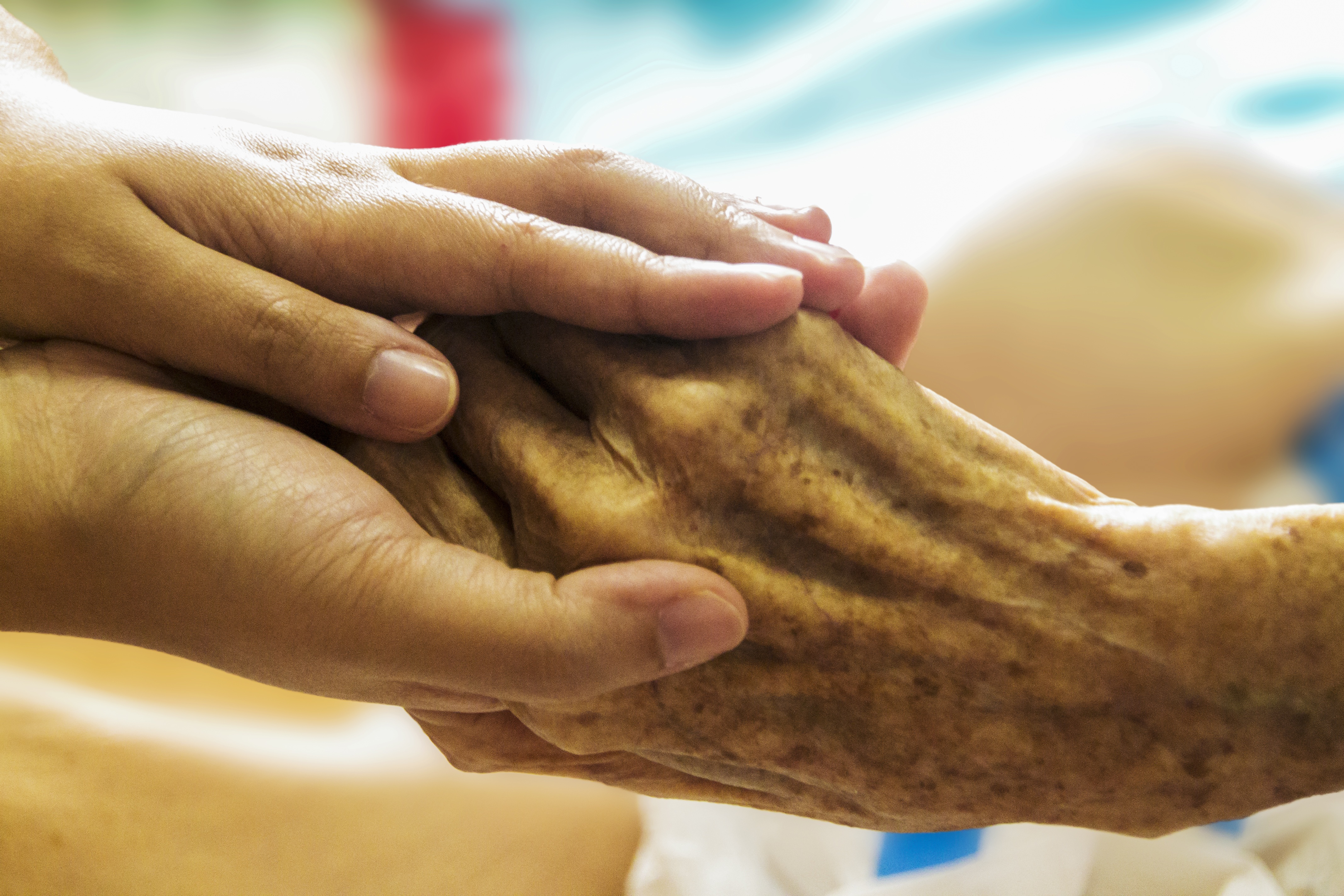Elderly in Hong Kong
Why we care
It is almost a consensus that Hong Kong is on the cusp of will soon have an elderly problem. Birth, childhood, adolescence, adulthood and old age are the most crucial stages in a man's life. All these stages have their very own issues and troubles. Dr. Israel Doron from department of Gerontology in University of Haifa listed many reasons why we should care the elderly. “It is a result of social structure and culture, natural biological process. What’s more, it is a fundamental filial duty.” We all grow old one day, while taking care of the elderly is also taking care of ourselves in the future. Social Welfare department of Hong Kong also stated “Elderly people have contributed substantially to building Hong Kong. They are the valuable assets of our society.”
The increasing population of elderly in Hong Kong poses a challenge for the SAR to solve, as the number of unmarried residents goes up while fertility rate drops. Elderly aged 65 or above in Hong Kong hit 1.26 million high for 2018, up 4.25% year to year. According to figures from the government, when 2066 comes, every 1.4 Hongkongers need to support one elderly and every 2.73 Hongkongers will have one who is aged 65 or above. SAR said elderly in Hong Kong will surge from 17.9% of the whole population in 2018 to 31.1% in 2036.
The elderly has a conservative style of investing and consuming. They are more unwilling to spend their money which help to combat inflation and trim down the interest rate. However, the government spending needs to be adjusted upwards to fit elderly needs. The increased spending is usually invested in healthcare sector.
With the aging population increase, the shortage of labor problem may occur which leads to the surging demand of working group. Some youth may choose to work and give up tertiary education.
Many scholars hold the view the elderly phenomena motivate technology advancement. The labor shortage can be solved by inventing new technology to improve production efficiency.
The inequality may be deepened by increasing aging population. Studies found the wealthy and healthy elder people are mostly living in towns where they can enjoy the benefits provided by the government. However, elderly people in rural area do not have access to these benefits or they do not even know relevant policy.
AgeWatch Index
What is AgeWatch Index
The Global AgeWatch Index is a multi-dimensional index assessing the social and economic well-being of elderly populations in over 90 countries, representing 91% of people aged 60 and above in the world. It is composed of 13 indicators which can be categorised into four key domains – income security, health status, capability and enabling environment.
Source: CUHK Jockey Club Institute of Ageing
The AgeWatch Index The AgeWatch index consists of four domains with 13 respective indicators, and this network graph tells what indicator belongs to which domain.
Overall ranking and ranking of each domain from 2014 to 2016
In addition, older people who are able to get pension is not 100%, therefore, poverty problem of local elderly is quite severe in Hong Kong. People who have below 50% of the monthly equivalised median income are regarded as living in poverty and Hong Kong is third from the lowest rank. This poverty issue is also related to Capability domain.
Capability domain shows the condition of working condition of elderly. It consists of 2 groups, employment of older people and educational status of older people. Hong Kong got 36th place in Capability domain in 2016. The overall performance of Hong Kong in this domain is fairly satisfactory.
The employment rate of people who are aged 55 to 60 has been rising from 47.9% in 2011 to 55.1% in 2016 by carrying out range of labour empower programs and extending the retirement age. However, the rate of employment is still low. In 2015, about 70% of elderly are unemployed and around 58% them are economically inactive. This is brought about due to limited stamina, stigmatization, health issue, and low education or skill level.

Distribute Elderly Community Centers in Hong Kong
District Elderly Community Centre (DECC) is a type of community support services at district level to enable elderly persons to remain in the community and to lead a healthy, respectful and dignified life. DECCs also collaborate with other service units in the district and cooperate to build a caring community with better use of community resources.
The map shows the distribution of Hong Kong Distribute Elderly Community Centers. The deeper the blue, the more DECC the district has in its area.
Interview
For the elderly issues in Hong Kong, many experts hold different views regarding the aging community.

Teresa Tsien, co-dorector of Polytechnic university's Institute of Active Aging said "I see great business opportunities in an emerging 'silver market' by the development of new products and services in a wide variety of industries such as banking, insurance, health, beauty, housing, transportation, design, technology, fashion. catering to the changing demands of this group of senior customers. An ageing-friendly city will definitely encourage our elderly to actively participate in social activities and become a contributive member of society."

Eddie Tam, the founder of Central Asset Investment told Economic Journal that "the city should set aside more money for healthcare-related spending, which is far from adequate at the moment, and provide better support to the elderly." He added "several societies, including most OECD countries and China, face the aging-population issue. So there is the need to raise the retirement age and threshold for various social welfare benefits." --

Richard Lee, Functional Manager of CUHK Jockey Club Institute of Ageing said “It is noted that Government spending on elderly is increasing over the years, and there are initiatives to help capitalize elders as workforce. Elderly issues are complex and should be examined from different aspects, including but not limited to spending. Providing an age friendly environment, empowering them to be healthy, utilizing technology to enable elders to age in place are some examples.” Lee said, “The Government has been working more actively in recent years. More efforts could be done in collaboration with various sectors such as academia, business, social and medical sectors.”
 >
>
Wong Man Yi, an elderly woman in Hong Kong said “I am really content with the SAR’s contributions to elderly people. The elderly center has taken great care of us. They organized different activities for us to participate. There are also students who volunteered to talk with us and know more about my life.” Wong Man Yi is living alone, and she went Kowloon City Baptist Church Neighborhood Elderly Center for fun and social interactions. “Sometimes, we all sing in the center, the big screen will play different songs. While sometimes we will have classes like how to fold a paper cat. This kind of class can train our brains and our brains will not deteriorate so fast.” Speaking about the elderly center, Wong said the government has put much effort caring for elderly and they feel they are still involved in society. Wong also worried whether the SAR could afford the spending required by the larger population of elderly people. “I know Hong Kong government has done a lot. The spending on elderly care is a large portion of government’s spending. I think some elderly people should try to live on their own instead of relying on the SAR for everything. Some people are blaming the SAR for not doing enough to take care of elderly while they are just too greedy,” Wong said. However, it does not mean the SAR has done a perfect job in taking care of elderly. Homes for the aged are still scarce resources not every elderly can get into. Homes for the Aged provide residential care, meals and a limited degree of assistance in activities of daily living for elders who are unable to live independently in the community yet are not dependent on assistance with personal or nursing care. “I hope I could get into government funded Homes for the aged. The private homes for the aged are so expensive to get in. Comparing to Homes for the aged with Neighborhood Elderly Center, I think Homes for the aged are more important since it is related to life and death while Elderly Center is more about having fun and knowing more friends,” said Wong. There is still a long way to go for Hong Kong to solve its elderly problem.
Data Visulization Project
Group 3: Windy Li; Iris Li; Jimmy Ding; Akane Nakasuji
Hong Kong Baptist University, CVA 703
+ (852) 6789 4532